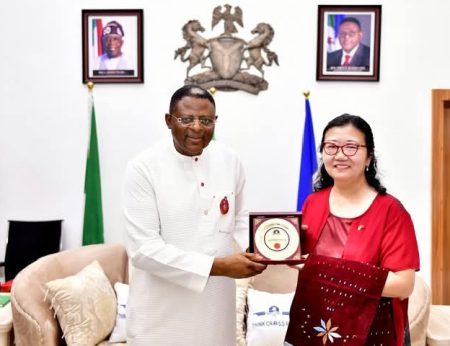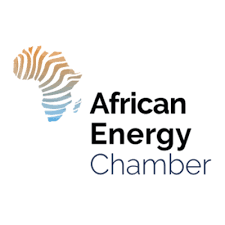 14 May 2013, Sweetcrude/African Press Organization, APO, BRUSSELS, Kingdom of Belgium — The European Union, EU, has agreed on additional funding to further develop the modernisation of higher education as well as the international cooperation capacity of higher education institutions in Tunisia under the Erasmus Mundus and Tempus programmes.
14 May 2013, Sweetcrude/African Press Organization, APO, BRUSSELS, Kingdom of Belgium — The European Union, EU, has agreed on additional funding to further develop the modernisation of higher education as well as the international cooperation capacity of higher education institutions in Tunisia under the Erasmus Mundus and Tempus programmes.
This will be achieved by providing more scholarships to Tunisian students, researchers and academic staff to study and to perform research in the EU as well as through the setting up of cooperation projects between European and Tunisian universities. Štefan Füle, EU Commissioner for Enlargement and European Neighbourhood Policy, said on this occasion: “With today’s decision, the EU is highlighting the importance of people-to-people exchanges and intercultural dialogues.
In addition to the efforts already made to provide EU support for economic recovery and growth, to create new jobs and to reduce regional discrepancies in Tunisia, the EU is now also enhancing its support for quality education for Tunisian young people. The knowledge and skills they will acquire through this programme will help them to be active members of their transforming society.”
Today’s decision, worth €10 million, will allow Tunisian students to improve their educational and career perspectives by attending master, doctoral or post-doctoral programmes taught by European universities. The programme also aims to increase the degree of internationalisation of higher education institutions in Tunisia; including the capacity to manage international cooperation projects, the capacity to manage mobility by receiving foreign students and sending students abroad, and offering international studies courses, while respecting international standards of higher education.
Thanks to the Erasmus Mundus programme, students, researchers and staff from the Tunisian higher education institutions involved will also enhance their skills and employability as a result of the availability of modernised undergraduate and postgraduate programmes, international exposure and exchange of best practices with other European education institutions.
The participation of Tunisia in Erasmus Mundus and Tempus consists of three main activities:
• setting up Erasmus Mundus and Tempus partnerships between Tunisia and European Union higher education institutions;
• awarding scholarships to Tunisian students (at all study levels), researchers (doctoral and post-doctoral candidates) and university staff (academic and administrative) allowing them to study, perform research and/or be trained in European universities in the context of Erasmus Mundus partnerships and joint master programmes;
• implementing joint projects based on multilateral partnerships between higher education institutions in the EU and in Tunisia, contributing to capacity building, exchange of experience and knowledge transfer among institutions.
Erasmus for All, the new education, training and youth programme for 2014-2020, will include funding for neighbouring countries including Tunisia. The new programme will combine capacity building cooperation between EU and neighbouring countries with short term mobility opportunities.
Background
Tunisia faces numerous political and economic challenges linked to democratic transition. The EU’s funding will enable the Tunisian people, in particular students, researchers and academic staff, to benefit from increased mobility. It will also enable Tunisian Higher Education Institutions to engage into long term structured partnerships with institutions from the EU, with the aim to strengthen cooperation and enhance the quality and relevance of higher education programmes offered to the Tunisian citizens.
With an amount of €10 million under the 2013 National Indicative Programme allocation, the funding will be complementary to other new actions to be funded by the EU in 2013 such as support to the economic recovery and to the democratic transition process in Tunisia.



